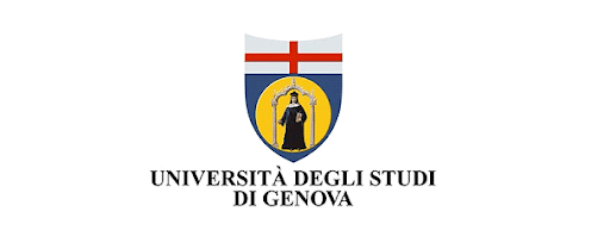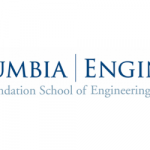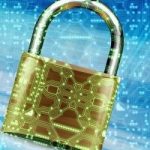Researchers Investigate a ‘Quantum-Like’ Approach to Enhance a Robot’s Sensing Capabilities

(TechExplore) Researchers at University of Genoa, in Italy, have recently investigated the feasibility of using a Quantum-Like approach to enhance a robot’s sensing capabilities. In their paper, pre-published on arXiv, they present the results of a case study where they tested a QL perception model on a robot with limited sensing capabilities within a simulated environment.
“The idea for this study came to me after reading an article written in 1993 by Anton Amann, (‘The Gestalt problem in quantum theory’) in which he compared the problem of Gestalt perception with the attribution of molecular shape in quantum physics,” Davide Lanza, one of the researchers explained. “I was amazed by this parallel between cognition and quantum phenomena, and I discovered then the flourishing field of quantum cognition studies.”
Lanza reached out to his supervisor Fulvio Mastrogiovanni and asked him whether he could investigate the use of quantum cognition modeling to enhance robotic perception as part of his master’s thesis. Once Mastrogiovanni approved his idea, he started defining a preliminary model to test the feasibility of using a QL approach in robotics, in collaboration with Paolo Solinas, a physics professor specialized in quantum computing working at University of Genoa.
“We stored the information collected by the robot’s sensor in a single qubit,” Lanza explained. “The qubit was allowed to have the two ‘front’ and ‘back’ states in a coherent superposition, enabling uncertainty modeling for mixed ‘front-back’ situations. Subsequently, when the qubit is measured, it returns a reading with a probability that is related to this superposition.”
Actually implementing the model on the IBM Quantum Experience (IBMQ) platform, on the other hand, resulted in a number of errors, particularly in trials where the object was in an ambiguous position (i.e., when it was not so clear whether it was in front or at the back of the robot). Lanza, Solinas and Mastrogiovanni thus argue that QL perception models could be tested more effectively in simulations, as realizations on quantum backends can lead to a number of errors in unbalanced situations.



















